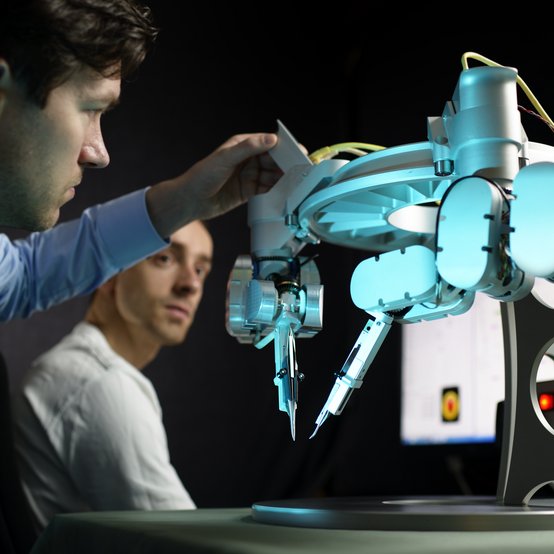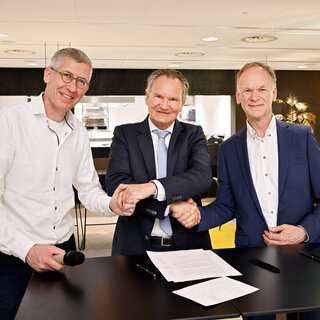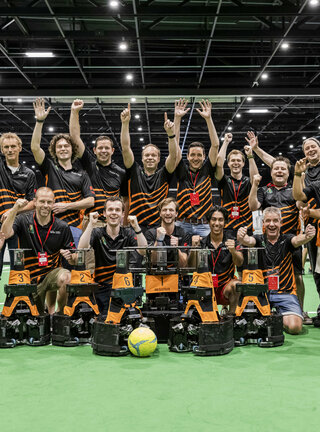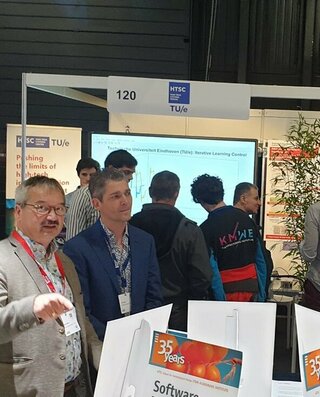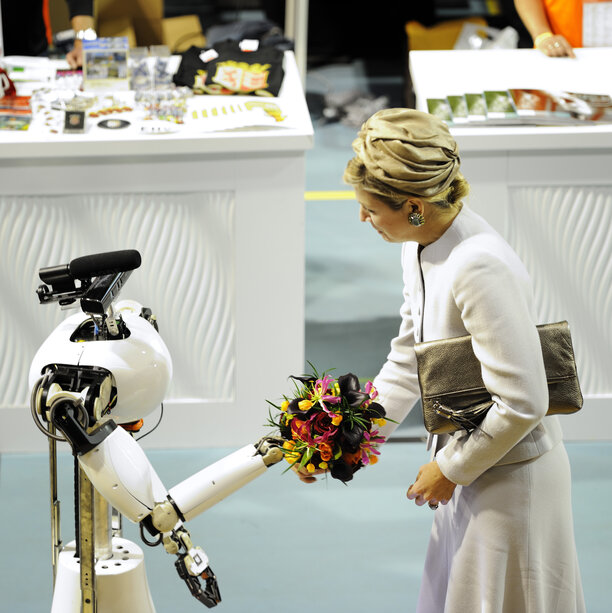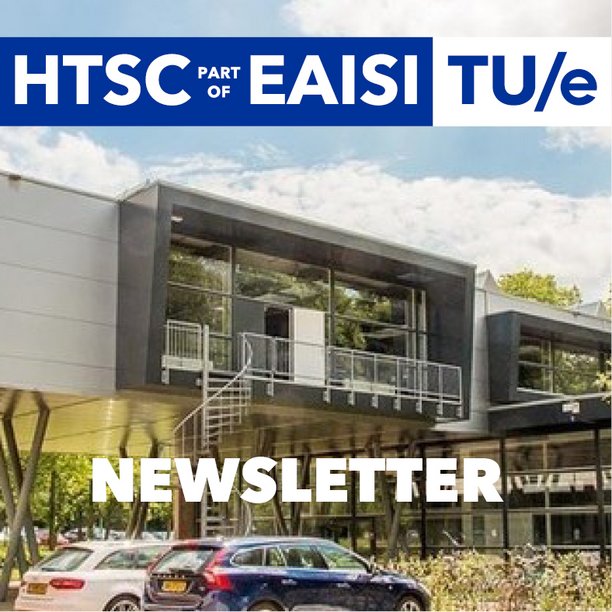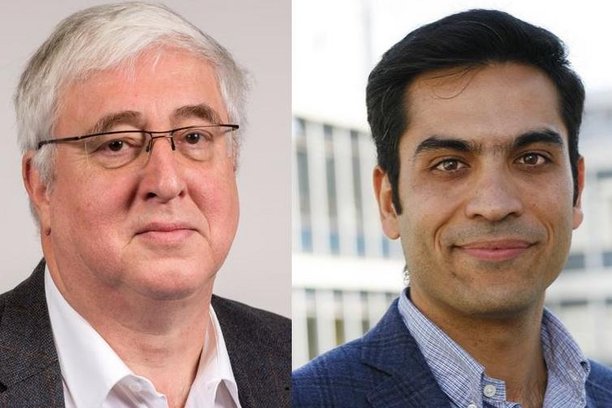News
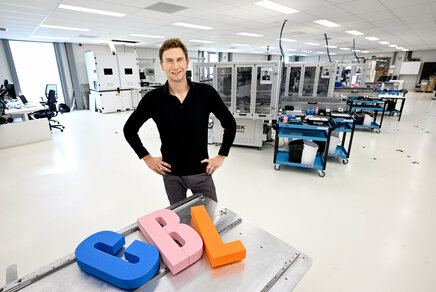
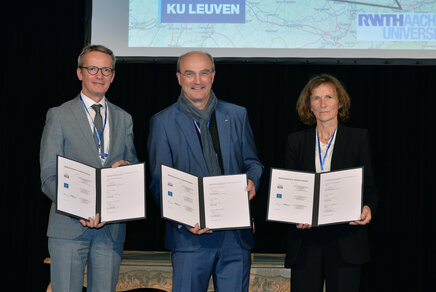
![[Translate to English:] [Translate to English:]](https://assets.w3.tue.nl/w/fileadmin/_processed_/3/c/csm_SemiPhoton%20Summer%20School%20Banner%20image_ad5a39978b.jpg)

![[Translate to English:] [Translate to English:]](https://assets.w3.tue.nl/w/fileadmin/_processed_/e/2/csm_Banner%20image%203D%20printing%20houses_91a38bfcf0.jpg)

Our Focus Areas
The seven focus areas of HTSC are innovative and will continue to develop complex engineering.
In the Spotlight
Meet our team
Related research groups
The High Tech Systems Center groups its research activities in the domain of complex high tech mechatronic systems into one top level research center. By combining the expertise from at least four departments: mechanical engineering, electrical engineering, mathematics and computer science and applied physics, the HTSC addresses the complexity problems of future high tech systems design.
Alliances
The High Tech Systems Center undertakes strategic collaborations to arrive at breakthrough innovations within the industry.
NOMI
TU Eindhoven’s High Tech Systems Center (HTSC) joined forces with TNO in the NOMI (Nano Opto-Mechatronics Instruments) collaboration. Together they will drive technology innovations to develop instruments to image, measure and fabricate devices at the level of individual atoms. NOMI innovations is based on the vision of the future where humanity will solve many of future’s challenges in data, energy and life sciences by a continuous miniaturization in device fabrication down to an atomic scale. The applications include nanometrology and nanomanufacturing for nanoelectronics, bio-medical and scientific explorations.
DFPI
Together with Wageningen University & Research (WUR), TNO E and Eindhoven University of Technology (TU/e), started the Digital Food Processing Initiative (DFPI). With the expertise in food science from WUR and the expertise in high-tech from TNO (applied research) and TU/e (fundamental research) this initiative will enable digitally controlled food production innovations. This initiative will collaborate with the food industry to translate ideas more easily
to the market. DFPI focuses on six propositions: equipment development, sustainable food solutions, advanced process control, new product development, personalised food, and food experience.
AMSYSTEMS Center
AMSYSTEMS Center is a joint innovation center for additive manufacturing which focuses predominantly on the development of production equipment for smart, personalized and multi-functional products. The center is founded by Dutch research organization TNO and Eindhoven University of Technology (TU/e). TNO and TU/e HTSC have years of experience in additive manufacturing at their disposal and are making the step towards the next generation of integrated production systems. The center undertakes fundamental and applied research programs to arrive at innovations that ultimately make it to the marketplace via the affiliated companies or spin-offs that are created. At AMSYSTEMS Center experts and scientists are working, who understand the emerging 3D-printing industry needs.
Contact
-
Visiting address
Amir de LangeJip van de Velden 1.106El Idrissistraat4334HG ElspeetThe Netherlands -
Postal address
Tara van der HeydenSepp Can MAJonkerwegPO Box 5136915TT BurgerbrugThe Netherlands -
Communication
Willem ErdoğanJelte JangaMaaslaan3235NS Ospel
